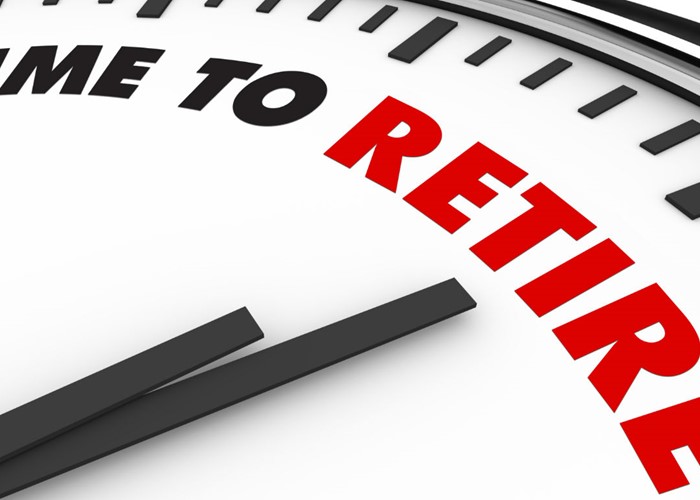Workplace pensions: your salary will fall by £300 per year from October

Your pay-packet will take a hit when your company automatically enrols you onto its pension scheme.
From October, many people will automatically have money deducted from their salaries. The money will be paid into a pension scheme – unless you opt out. Over the following years, possibly 40% of the workforce will be enrolled in this way.
When this will affect you?
Larger employers will start enrolling people automatically this October, with smaller ones doing so over the next few years. By October 2018, all employees must be auto-enrolled and the schemes must be receiving a minimum level of contributions.
It's quite complicated to work out when your employer will phase this in, as you can see if you attempt to use the guidance from The Pensions Regulator. If you're anxious to know when these changes will affect you, talk to your employer or ask the free Pensions Advisory Service for help.
Who's affected?
Auto-enrolment affects people when they reach their 22nd birthday and up until retirement age. Most people in existing pension schemes probably won't be affected, provided your scheme is generous enough. You also must be earning more than £7,475 per year.
If you opt out, your employer must again auto-enrol you in three years, and you'll have to opt out again if you want to stay out.
If you don't qualify for auto-enrolment, you can still join, but you must opt in yourself.
What does auto-enrolment involve?
Your employer will run a pension scheme for you, and it will make a contribution to your pension.
You might be asked to start making your own contributions from this October too. This could be less than 1% of your salary, or it could be more. It depends on how your employer decides to implement auto-enrolment, and how generous it is.
The Government also adds tax relief onto your contributions, but not onto your employers'.
Contributions from you, your employer and the Government will rise over the years, ending no later than 2018.
How this affects your pay packet
Eventually, you, your employer and the Government will contribute 8% of your total pre-tax earnings between you.
That's the official line anyway, but the real minimum contributions are all lower than 8%. This is because the first £5,715 of your salary doesn't count, nor does anything you earn over £38,185.
The real amounts are more like this:
|
Your annual salary |
Total paid in by you, your employer and the Government |
Total paid into the pension in pound terms |
Your contribution in pound terms |
|
£12,000 |
4.2% |
£40pm |
£20pm |
|
£22,000 |
5.9% |
£110pm |
£50pm |
|
£34,000 |
6.7% |
£190pm |
£90pm |
|
£50,000 |
5.2% |
£220pm |
£110pm |
|
£60,000 |
4.3% |
£220pm |
£110pm |
Numbers are rounded to the nearest zero.
As you can see, your contributions will amount to half of the total paid into your pension, unless your employer decides to be generous. The Government and your employer contribute the other half.
From this October
Most people probably won't start paying their full contribution from this October, but I expect that many will pay at least £25 per month, or £300 per year.
Stay in or opt out?
While pensions have their weak points, they still remain a tax-efficient way to save for the future. They're particularly valuable if your employer is contributing, and auto-enrolment ensures that your employer will do so. Most people who let themselves be enrolled should expect to be significantly better off in the long run.
The biggest reason to opt out is likely to be if you're struggling to pay the bills, but you should combine opting out with budgeting and looking for debt advice, perhaps from National Debtline or the Consumer Credit Counselling Service.
More on pensions:
Is your work pension any good?
How to make a pensions complaint
New top pension for retirement savers!
v
Comments
Be the first to comment
Do you want to comment on this article? You need to be signed in for this feature